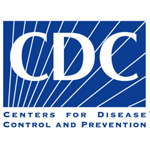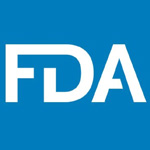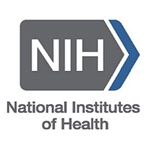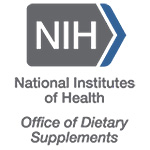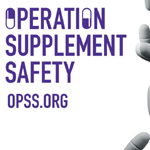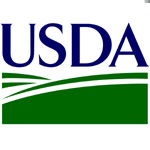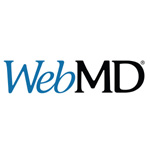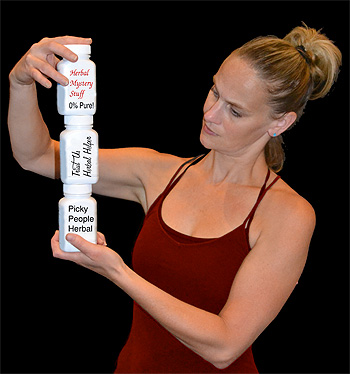Raspberry Ketone
(Red raspberries are also known as European raspberries or rubus idaeus. The chemical names of raspberry ketone include frambinone, oxyphenylon, rheosmin and rasketone)
What is it?
Raspberry ketone is the phenolic compound that gives red raspberries their distinctive smell. Up until around 2012, it was used almost exclusively by food and perfume companies to make things taste and smell better. Now it's marketed as a miracle weight loss drug and sold in supplement form.
Does it occur naturally in the body?
No.
What are the claims?
Raspberry Ketone prevents and improves obesity and fatty liver. Taking a pill will allow you to lose more weight than just diet and exercise.
Does it work?
If you're a mouse, a rat, or cells in a petri dish, there's evidence that taking massive amounts of raspberry ketone will allow you to eat fat without gaining much weight. But for humans? There is no proof it provides any benefit.
What are the dangers?
The FDA has stated that in low doses, there appears to be no harm from ingesting raspberry ketone. However, to achieve the benefits seen in lab animals, humans would have to take doses thousands of times higher than ever tested. There is no information on what that might do to a human body.
The Bottom Line
Raspberry ketone is a supplement that has not been shown to work on humans.
We cannot recommend the supplement raspberry ketone.
Click Here to read our full article on raspberry ketone.
Links for More Info
| Centers for Disease Control and Prevention http://www.cdc.gov/ |
|
| United States Food and Drug Administration (FDA) http://www.fda.gov/ |
|
| Herbs, Botanicals & Other Products - Extensive Information from the Memorial Sloan-Kettering Cancer Center https://www.mskcc.org/cancer-care/diagnosis-treatment/symptom-management/integrative-medicine/herbs |
|
| National Center for Complementary and Integrative Health - Overviews on Herbal Treatments and Supplements https://www.nccih.nih.gov/health/herbsataglance |
|
| National Institutes of Health http://www.nih.gov/ |
|
| National Institutes of Health - Office of Dietary Supplements https://ods.od.nih.gov/ |
|
| Operation Supplement Safety https://www.opss.org/ |
|
| United States Department of Agriculture http://www.USDA.gov/ |
|
| WebMD - Helping you make better decisions for life. http://www.webmd.com/ |
|
We at WeBeFit DO NOT recommend ANY supplements to ANY of our clients. ONLY a licensed Nutritionist or Medical Doctor can make those recommendations based on your individual needs.
This is being provided for INFORMATIONAL and EDUCATIONAL purposes only.
CAUTION: These supplements have not been evaluated by the Food and Drug Administration (FDA) for safety, effectiveness or purity. There may be unknown risks associated with taking any supplements. There are no regulated manufacturing standards for companies that make supplements. There have been instances where herbal or health supplements have been sold that were contaminated with toxic substances. If you should choose to purchase herbal or health supplements, please only purchase them from a reliable source to minimize the risk of contamination.
If you should decide to use ANY supplement, ALWAYS consult your doctor or Nutritionist first.
3/26/2014
